Mindaugas Statulevičius, Director of the Lithuanian Real Estate Development Association
As the COVID-19 virus, which is plaguing the world today, is unlikely to disappear completely in the coming months, it is time now for businesses to start preparing to operate under quarantine for a longer period of time. Ensuring business processes is crucial for the general state of the economy, but today we also have to think about how to move public services to the digital space as soon as possible.
Due to high uncertainty, the Bank of Lithuania calculates several different scenarios, forecasting that the country’s economy may contract between 3.4 and 20.8 percent this year. In the U-shaped recession, which is the most probable one, an economic contraction of 11.4 percent is projected. The scenarios are based on three main premises: foreign and domestic demand and economic development. The latter is directly related to the existing constraints, the impact of which could be minimised through increasing digitisation.
After quarantine, when the spread of the virus is under control, restrictions on business and public life are likely to remain in place for some time, as is now the case in Asia: only a limited number of people are allowed inside shops or establishments, mass gatherings are restricted, and restaurants increase distances between each table. Likewise, residents themselves will need time to get back to their previous habits.
In addition, China is facing a second wave of impact on the economy. The first hit was due to the virus-related closure of factories and the second is due to the cancellation of orders from Europe and the US, which introduced quarantines themselves. Consequently, our life may not return to normal until summer or longer.
Therefore, during the next few (or longer) months of quarantine in Lithuania, in order to maintain as many jobs and the economy as speedy as possible, we have to prepare more business and government processes for work-at-a-distance and transfer them to the Internet. We have to arrange them so that home isolation would have the least possible impact on the economy, public finances and the income and of all of us.
All state institutions involved in construction and real estate development today are directly affected by quarantine, although it would be relatively easy to transfer their work to the digital space.
For instance, most of country’s notaries are working today with the necessary safeguards. The Ministry of Justice suggests that a law should come into force in autumn to transfer the certification of transactions to the electronic space. This would greatly simplify and accelerate processes, and possibly reduce their cost. It would be ideal, if the law came into force as soon as possible.
Real estate developers still have to visit the Centre of Registers themselves during the quarantine, but private individuals may apply to notaries and have all the procedures handled for them by notaries. There also are electronic means available today for electronic validation of powers-of-attorney at the Centre of Registers.
During the quarantine, construction designs are deliberated at Vilnius City Municipality only remotely. Amendments to the Technical Construction Regulation are currently under consideration, providing for procedures to enable the widest possible application of such remote public deliberation. An additional positive effect is a well-functioning system with greater transparency and inclusion, supported by the records of deliberations and digital documents. This requires ensuring the possibility of joining and participating for everyone who wants to.
A possibility under consideration is to allow partly remote commissioning of buildings through the use of HD video streaming, limiting the number of people in the building being commissioned and complying with all security and precautionary measures.
Individual institutions, such as the National Land Service under the Ministry of Agriculture of the Republic of Lithuania or the Department of Cultural Heritage under the Ministry of Culture of the Republic of Lithuania, should be provided with appropriate technical facilities to work remotely, as such a sudden change has obviously caught the institutions unprepared.
In summary, today part of the processes related to buying, selling or exchanging housing are already fully conducted by electronic means. It is possible to select and view, sign a preliminary purchase and/or reservation agreement (up to certain values) with the help of digital technologies. Let us hope that housing financing processes will also move towards full digitalisation. If we don’t want to hold back the economy, we should digitise the processes completely in the next month – let this April be the start of freedom from paperwork and mass gatherings!
Finally, some Lithuanian farmers managed to move their trade to e-stores during the two weeks of quarantine. More digitised organisations and businesses can do this even faster. It is the pace of moving to the Internet that will determine the amortisation of the duration and depth of the economic slowdown in our country.
